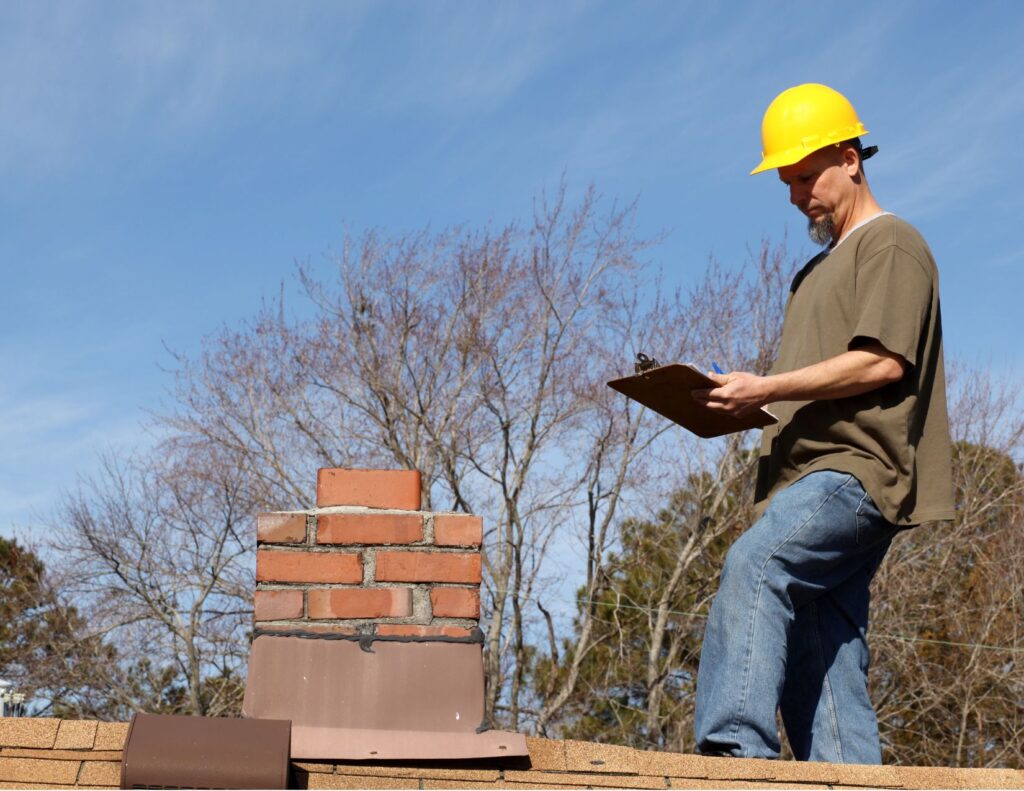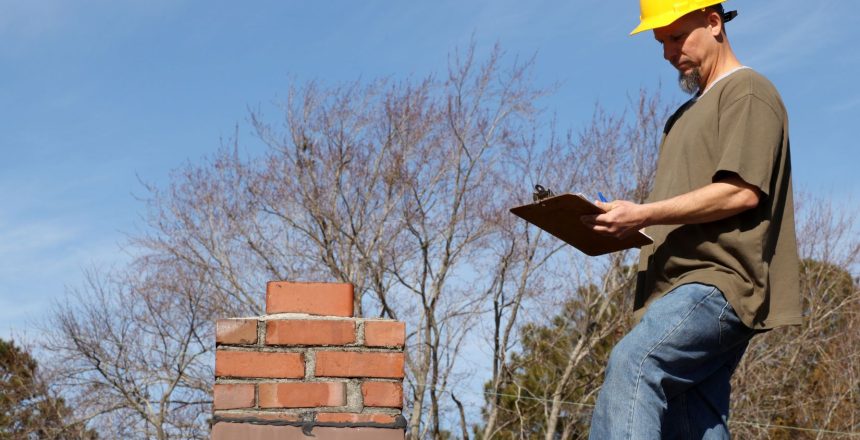
How Often Should You Have Your Roof Inspected?
The frequency of roof inspections can vary depending on several factors such as the age and condition of your roof, the type of roof you have, and the climate in your area. However, in general, it is recommended to have your roof inspected at least once a year, preferably before the start of the winter season.
If your roof is over 10 years old, you may want to consider having it inspected twice a year to catch any potential issues early on. Additionally, if you have experienced severe weather conditions such as heavy rainfall, strong winds, or hailstorms, you should have your roof inspected as soon as possible to ensure there are no damages.
It’s also important to note that regular maintenance such as cleaning debris and removing overhanging branches can help prolong the life of your roof and reduce the need for frequent inspections. In any case, it’s always a good idea to consult with a professional roofing contractor to determine the best inspection frequency for your specific situation.
Why Should I have a Roof Inspection?
A roof inspection is important for several reasons:
- Preventative Maintenance: Regular roof inspections can help identify potential problems early on, which can help prevent major and costly repairs in the future.
- Safety: A damaged roof can pose a safety hazard to you and your family. For example, a roof with leaks can cause mold growth, which can lead to health problems. Also, a weakened roof may not be able to support the weight of heavy snow or rainfall, which can lead to collapses.
- Insurance Purposes: Some insurance companies require regular roof inspections to ensure that the roof is in good condition. Failure to comply with this requirement may result in a loss of coverage or higher premiums.
- Resale Value: A well-maintained roof can increase the resale value of your home. Prospective buyers will be more likely to make an offer on a home with a new or well-maintained roof.
In summary, regular roof inspections can help identify potential problems early on, ensure your safety, comply with insurance requirements, and increase the resale value of your home.

